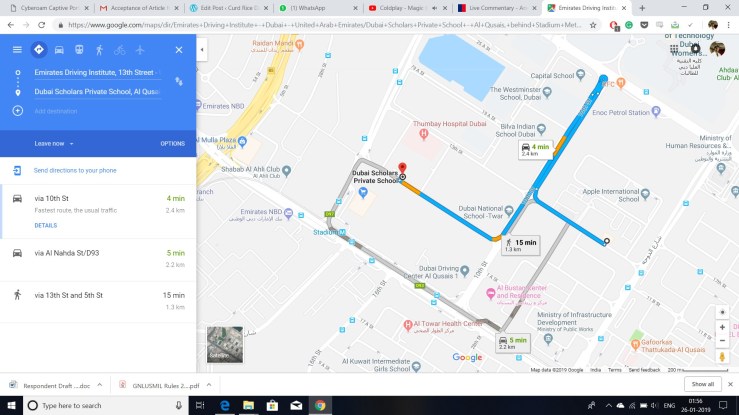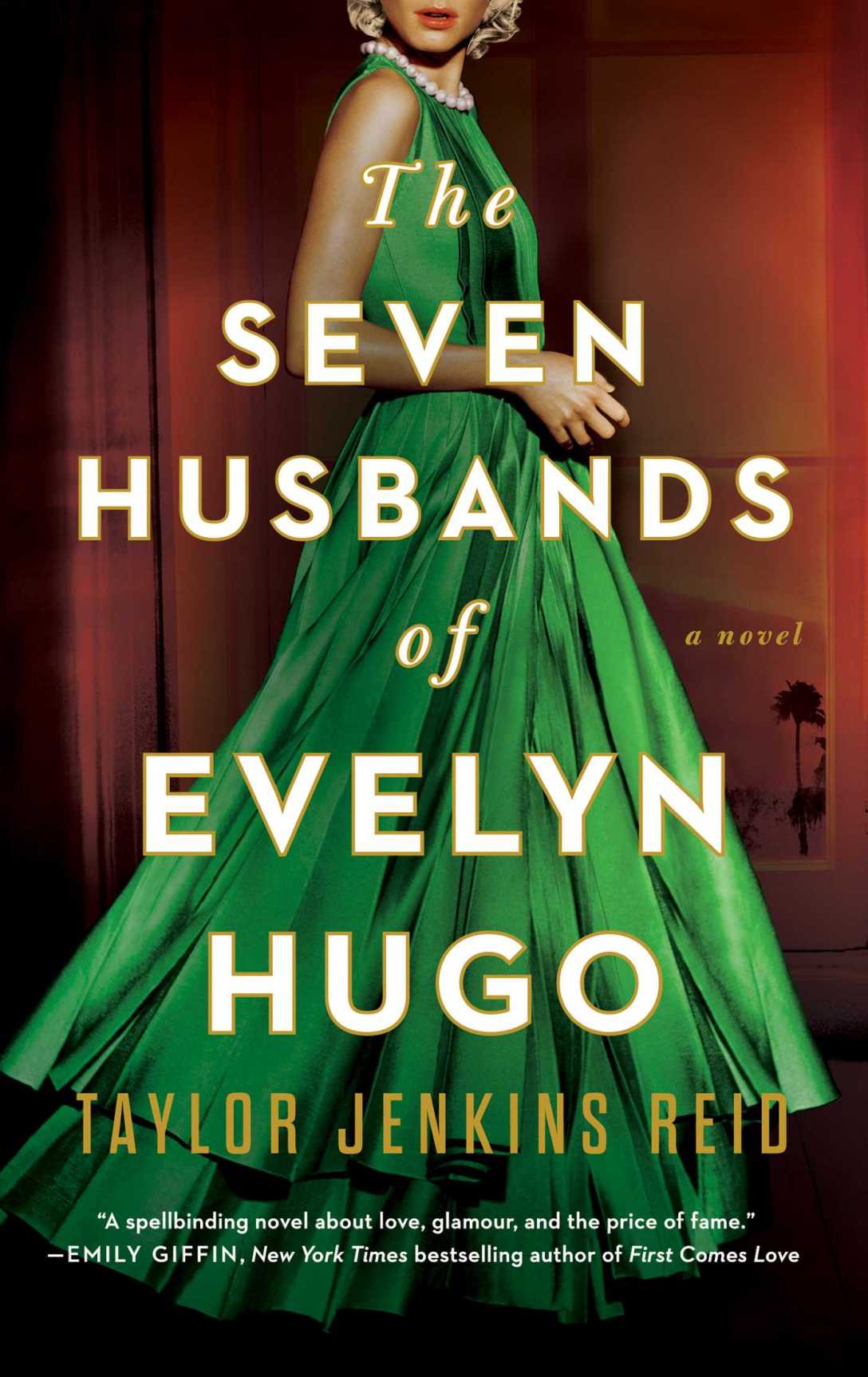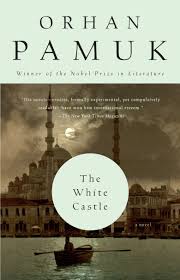There was a McDonald’s that was five minutes away from my house when I was a child. In fact, I think I lived a very privileged childhood in terms of how little I had to travel to have a wholesome childhood experience. School was right across (a fact I will elaborate on below), there was a supermarket in my building, a hypermarket right opposite my school, McDonald’s five minutes away, most of my friends from school lived in the same building as I did, and cricket coaching was a 15 minute drive.
I loved it.
First, let’s get the school story out of the way. It’s by far the dumbest I have been as a child. My grandfather visited us in Dubai a couple of times. And well, him and I were going to the hypermarket (the one opposite my school, remember?). The route to my school was one that my father drove me to and from at the time – because of how nicely his office timings coincided with my school timings. Gave us a lot of father-son bonding time – like experiencing fog in Dubai together, and afternoon sandstorms. Anyway, school was basically 2kms away (I checked Google Maps, it’s 2.4kms). I’m attaching a screenshot for your reference – this is the driving route my dad took daily.

As you can see, there was a very long road to go down, take a U-turn, go back up almost the entire length, and then take a right. So when my grandfather told me we’d go to the hypermarket, I made him walk this entire stretch, in the sweltering UAE heat – instead of cutting right across and walking 1.3km. I was a young fool.
Anyway, the McDonald’s is the main part of this story. This McDonald’s was at Al Bustan (the pink thing you see on the map there), so really, really close by. And my friends used to go there pretty often. My parents though, were really strict when I was growing up – so I didn’t really get fast food as much. This is not to say that I was denied it when I asked. It was more a case of “we can cook you great food at home, are you sure you want the fast food?” And honestly, I loved home food. I always will. So fast food was always a treat, meant for things that deserved celebration.
Something I’m super grateful for was that my parents taught me to celebrate things I had achieved and was happy with. These were usually academic achievements, so I got rewarded with fast food (and often, new stationery/sportsgear) when I did well on tests and such. Exams got bigger prizes – like a camera once. And wildly enough, a computer.
But, McDonald’s was a real treat. Even Pizza Hut. Wow.
I used to be so happy eating these things because of how nicely spaced they were in my diet. Honestly.
Today I went to McDonald’s with friends to do a Secret Santa thing – where I got and gave gifts (my Santa got me an amazing book and a wallet ninja, thank you! I know you read this blog, Santa of mine.)
I saw the Happy Meal – which they’ve called a Kids Meal now for some reason at the McDonald’s I visited. And I loved the gifts the Meal had. So of course, I converted a meal of mine to a Kids Meal to get the cute toys – a toaster and an oven.
All I could think of the entire time I was at McDonald’s was this one instance my mother took me to McDonald’s – and I’m honestly tearing up right now (no jokes). My mom is amazing. She’s done a lot for me over the years.
This one time, my dad was traveling – and I think she was a little tired in the evening, so she called me up before coming home, telling me we’d be going to visit McDonald’s in Bustan in the evening. This was a real treat for me, and I was very excited about what spurned this. It meant I had to do all my homework before going out to play, because I wouldn’t get to finish it between 7pm and 8pm – before sleeping. So I did, diligently.
And I was out playing – I think I was wearing these jeans 3/4ths, as I did, back in the day. She pulled up into the parking spot we had. Her car parked in a very convenient spot. It was right outside our block (“A”-block) gate, and oversaw the sand pit and common playing area. So every evening, I had the delight of seeing my mum see me finish up playing, and go up to the house, where I’d go back in a bit.
Basically, she parked up, and came to the sandpit, ready to take me to McDonald’s. It was pretty late in the evening, okay – like 6:45pm. And I remember, not many kids came out that day, so it was just Aahan and I. My mom came, and I felt really shy about leaving Aahan behind. I think she sensed it, because she asked him to join us, made a call to his mom and quickly, he was with us in the car too. She drove us to McDonald’s and we ate a Happy Meal. I ate this veg one, and Aahan ate a non-veg one. He got nuggets too.
I was unsure how she’d take to it, because it was the first time I had seen her pay for non-vegetarian food. I remember that night asking her if it was okay that he had come also. My memory isn’t too hazy but it feels like it was a self-invite sort of situation. She said it was, because he was my friend, and his mom would’ve taken me too.
All evening today I was thinking about this. And today, I miss eating Happy Meals with my mother. Because the worst part about narrating this story has been that I cannot remember what my mother ate that evening.
The other really sad thing is that I misplaced the Kid’s Meals toys I got today. I’ll get them again the next time I go to McDonald’s.
I’m so glad I video-called my parents today.



